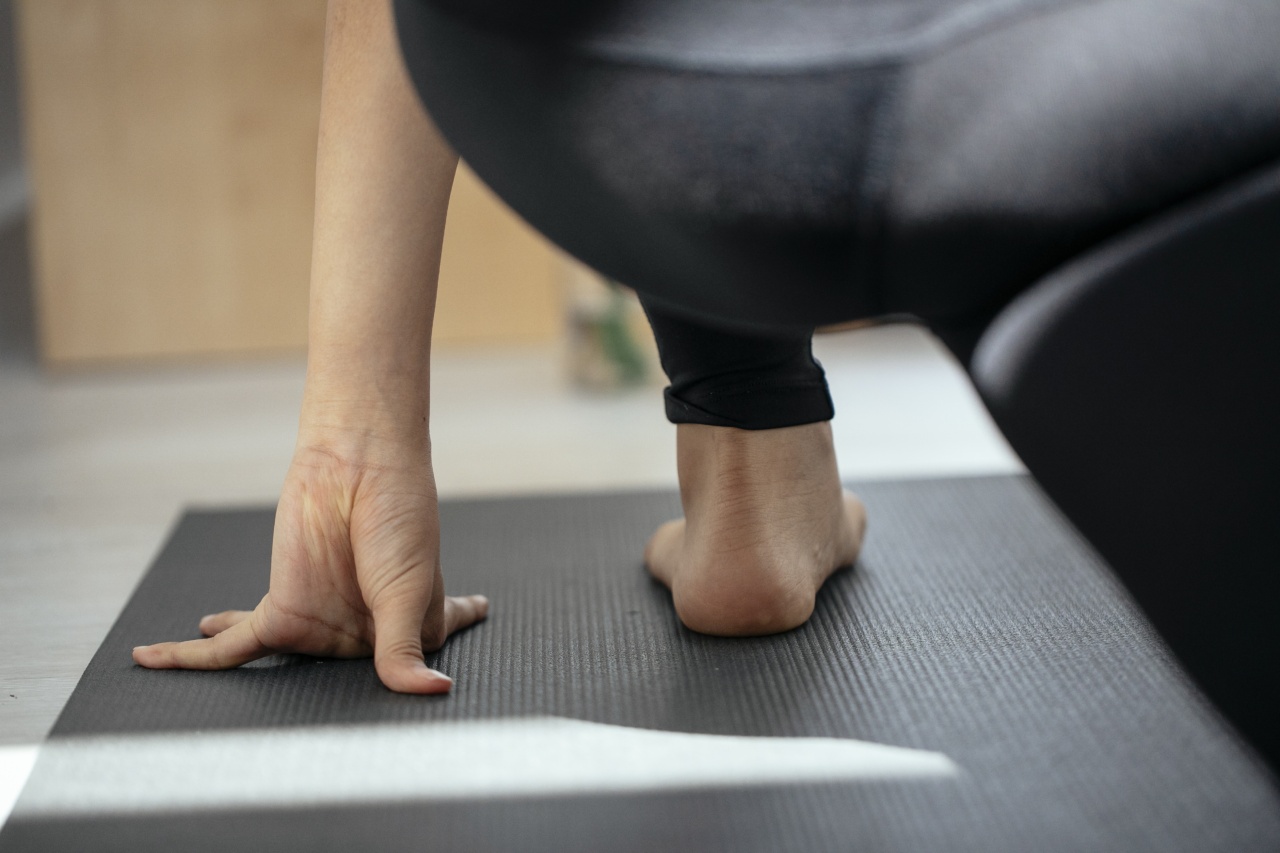Sinusitis is an inflammatory condition that affects the sinuses, which are air-filled cavities located in the bones around the nose and eyes. It can cause symptoms like nasal congestion, headache, facial pain, and post-nasal drip.
Conventional treatments for sinusitis include antibiotics, decongestants, and pain relievers, but these medications can have side effects and don’t always provide complete relief.
Fortunately, there are several holistic approaches to sinusitis relief that can help address the underlying causes of this condition and alleviate its symptoms. Here are three natural strategies that may be worth trying:.
1. Nasal Irrigation with Saline Solution
Nasal irrigation involves flushing the sinuses with a saltwater solution to help remove excess mucus and debris from the nasal passages. This technique can help relieve congestion, reduce inflammation, and improve breathing.
You can use a neti pot, squeeze bottle, or other device to perform nasal irrigation. Here’s how:.
- Mix a solution of 1/4 to 1/2 teaspoon of non-iodized salt and 8 ounces of warm water.
- Stand over a sink or in the shower and tilt your head to one side.
- Pour the solution into your upper nostril and let it flow out of the lower nostril.
- Repeat on the other side.
- Blow your nose gently to remove any remaining solution.
You can perform nasal irrigation once or twice a day, or as needed to relieve symptoms. Make sure to use distilled or sterile water and clean your nasal irrigation device after each use to avoid contamination.
2. Acupuncture
Acupuncture is a traditional Chinese medicine technique that involves inserting thin needles into specific points on the body to alleviate pain and promote healing.
In the case of sinusitis, acupuncture can help reduce inflammation, relieve congestion, and strengthen the immune system. It may also help alleviate associated symptoms like headache and facial pain. Here’s what to expect during an acupuncture session:.
- The acupuncturist will ask about your symptoms and medical history, and examine your tongue and pulse to determine your diagnosis.
- You will lie down on a comfortable table, and the acupuncturist will insert the needles into various points on your body.
- You may feel a tingling, numbing, or warming sensation during the treatment, which typically lasts 20-30 minutes.
- After the needles are removed, you may feel relaxed and energized.
Acupuncture is generally safe when performed by a licensed practitioner, and it can be an effective complementary therapy for sinusitis. You may need several sessions to achieve optimal results.
3. Herbal Remedies
Herbs can provide a natural way to alleviate sinusitis symptoms, as well as boost the immune system and promote overall health. Some herbs that may be helpful for sinusitis include:.
- Eucalyptus – can help relieve nasal congestion and improve breathing.
- Peppermint – can help reduce inflammation and soothe headaches.
- Ginger – can help relieve sinus pain and nausea.
- Turmeric – can help reduce inflammation and boost the immune system.
- Garlic – can help fight infection and boost the immune system.
You can use these herbs in various forms, such as teas, essential oils, or supplements.
Make sure to consult with a qualified herbalist or healthcare practitioner before using any new herbs or supplements, especially if you have underlying health conditions or are taking medications.
Conclusion
Sinusitis can be a frustrating and uncomfortable condition, but there are several holistic approaches to relief that can offer effective and natural solutions.
By practicing nasal irrigation, trying acupuncture, and using herbal remedies, you can help reduce inflammation, relieve congestion, and promote overall health. As always, it’s important to consult with a qualified healthcare practitioner before trying any new therapies or supplements to ensure that they are safe and appropriate for your individual needs.




























